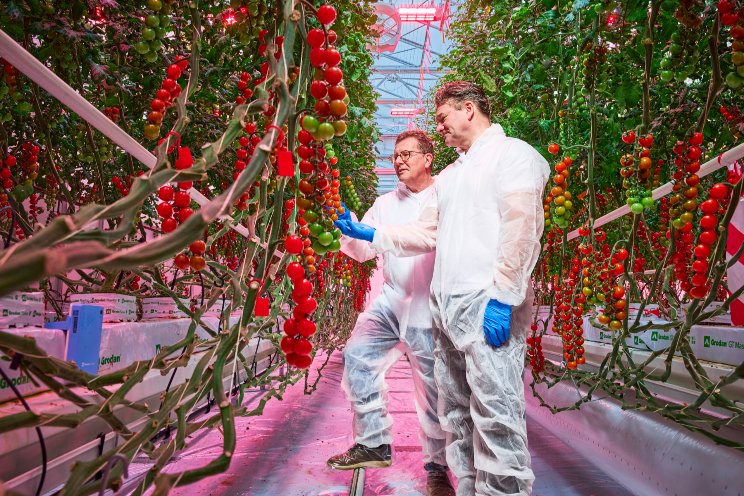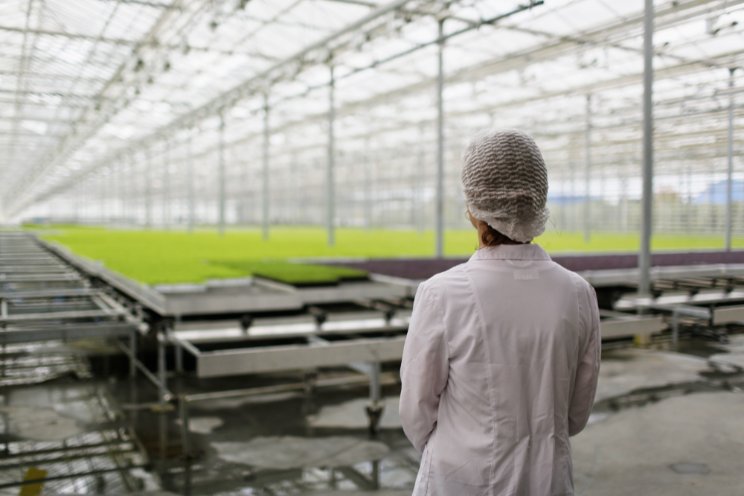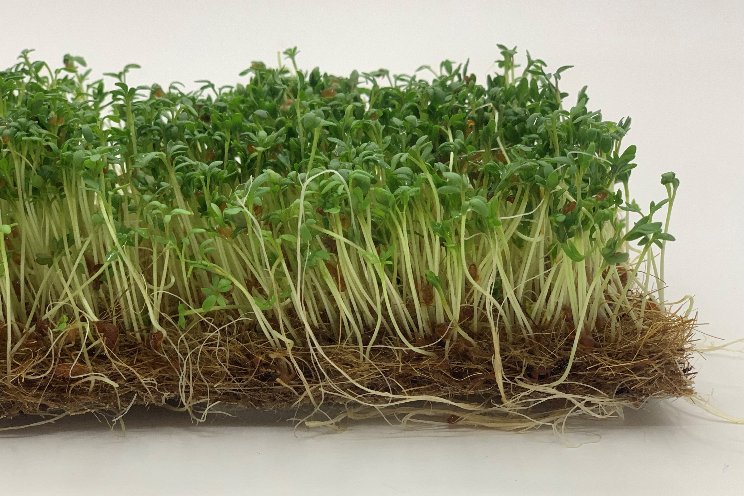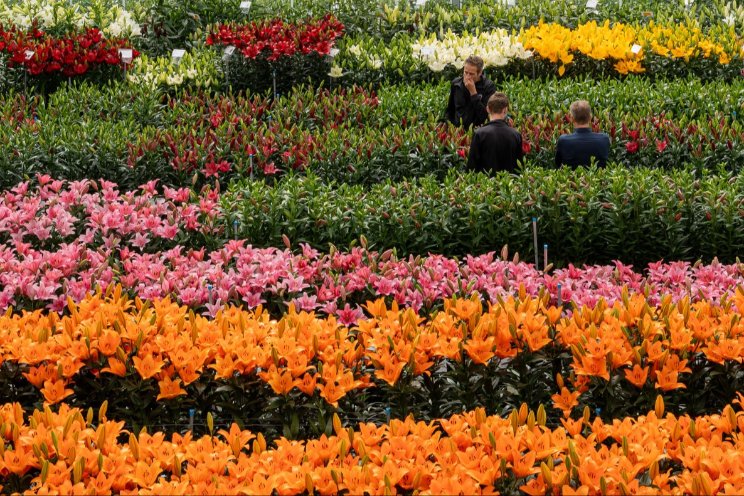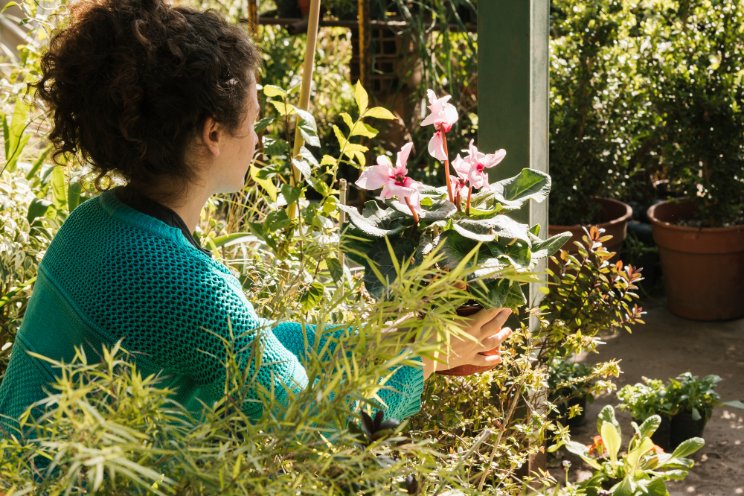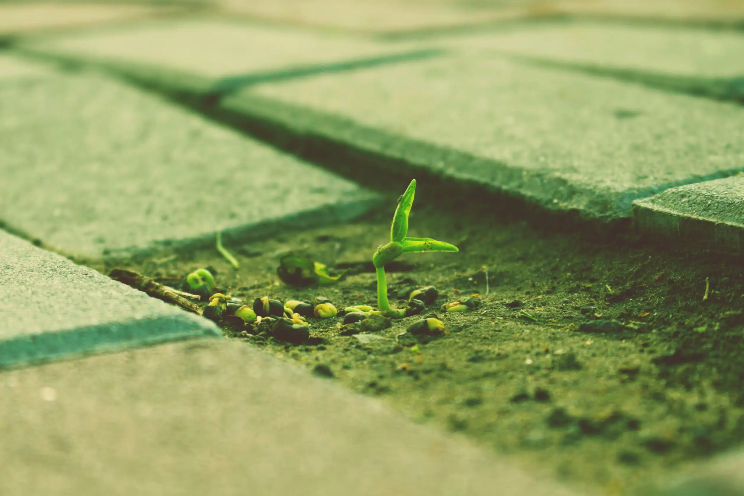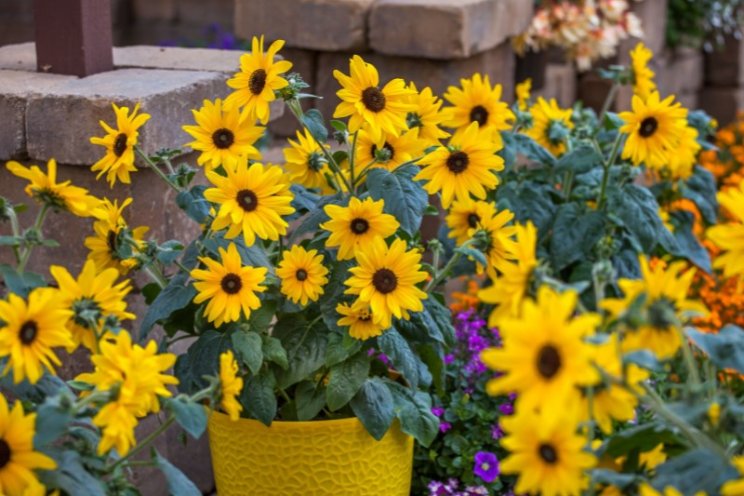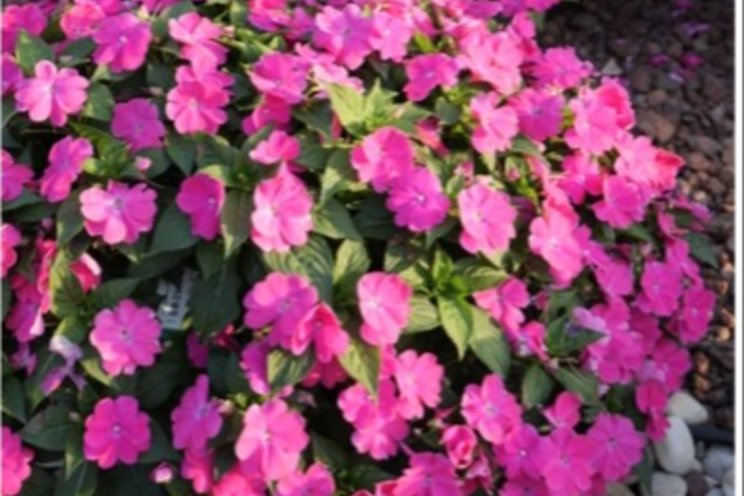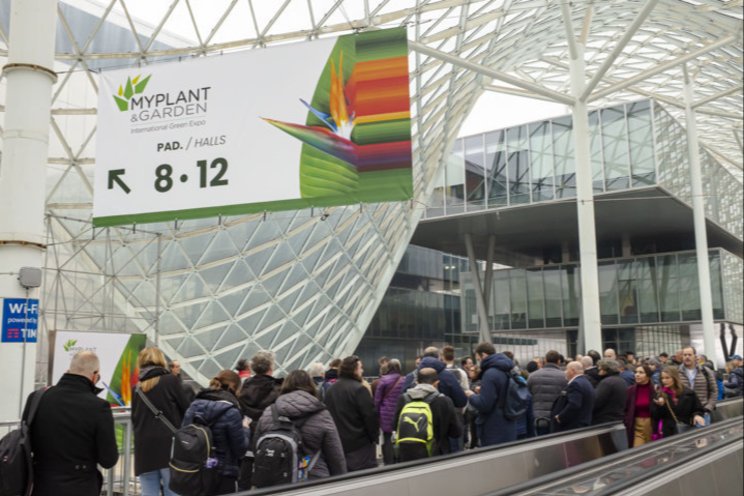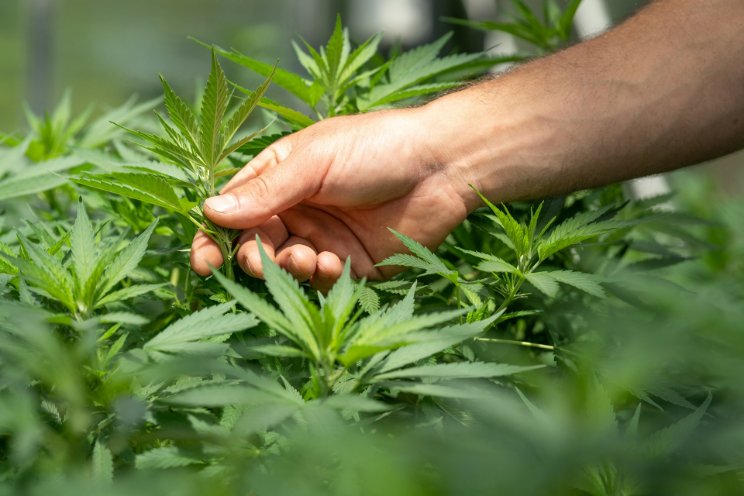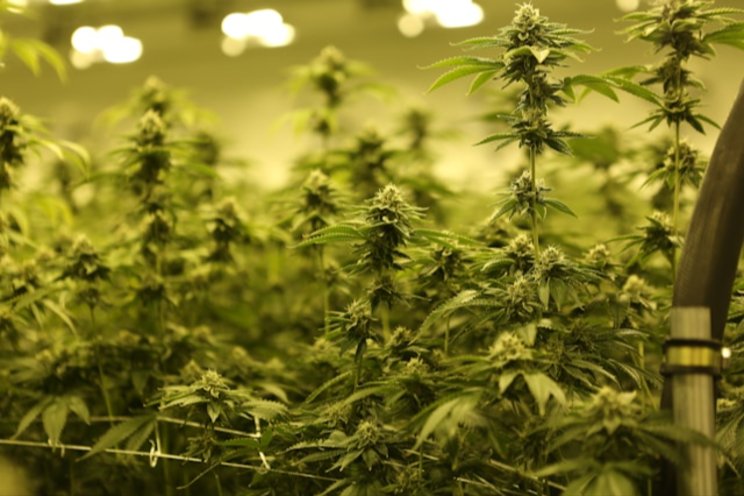Brazil recycles 94% of crop protection packaging
Added on 09 November 2022

″By way of comparison, in 1999, 50% of empty crop protection packages were donated or sold without control, 25% went for open-air burning, 10% were stored outdoors and 15% were abandoned,″ pointed out the Minister of the Environment, Joaquim Leite.
The National Institute for the Processing of Empty Packaging (Inpev) is responsible for integrating the entire agricultural chain, from product manufacturers to farmers, through the Campo Limpo System, ensuring an environmentally correct destination for almost all primary plastic packaging sold. The system has processed and correctly disposed of 650,000 tons of pesticide packaging since 2002. For Joaquim Leite, it is a successful case within the Brazilian Reverse Logistics Policy and as an example to the world.
″A model to be followed is that of the agricultural pesticides industry, where rural producers, manufacturers, resellers and recyclers have been working together for more than 20 years to guarantee virtually the total return of the packaging used, as a result of environmentally correct work,″ he stated.
The benefits to the environment are numerous. For example, the reverse packaging logistics program, for example, avoided the emission of 899,000 tons of greenhouse gases between 2002 and 2021, which corresponds to more than 15,000 thousand trips around the earth by truck. Furthermore, if this carbon dioxide emission had taken place, it would be necessary to plant 6.5 million trees to compensate. Recycling also impacts energy savings, which since 2002 has avoided the consumption of 36 billion megajoules of energy, which would be enough to supply electricity to 5.2 million homes for a year.
Photo by Hironobu Fukuman on Unsplash
More news
